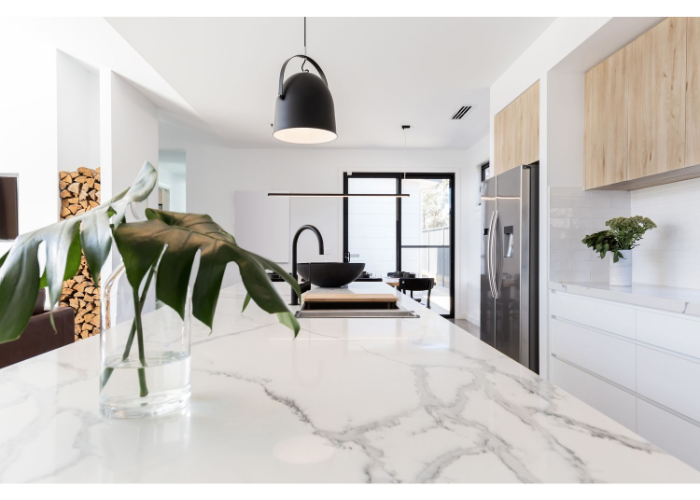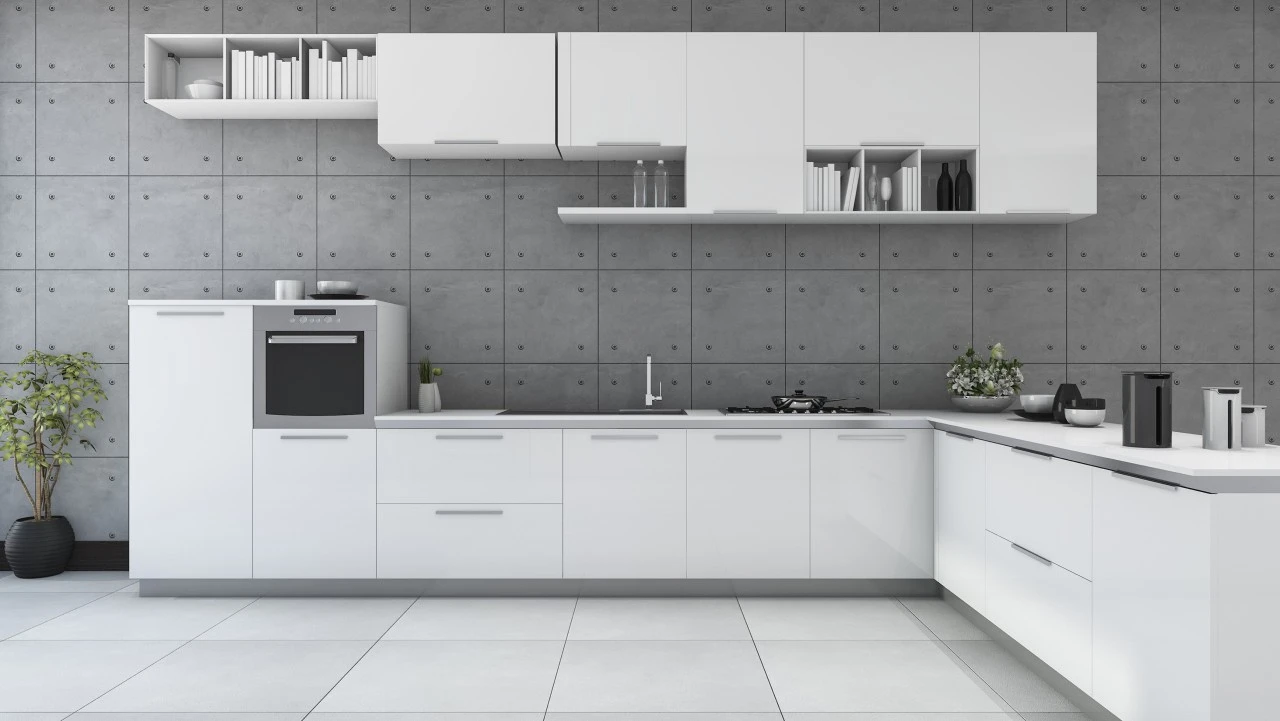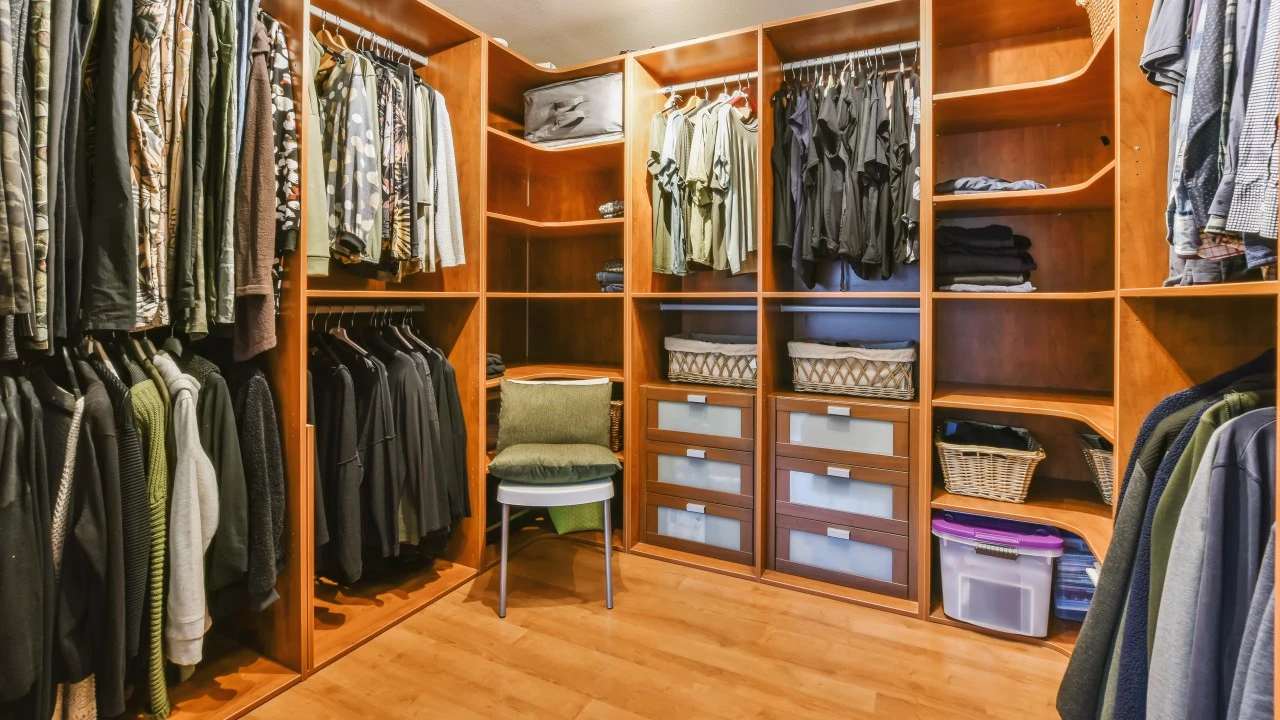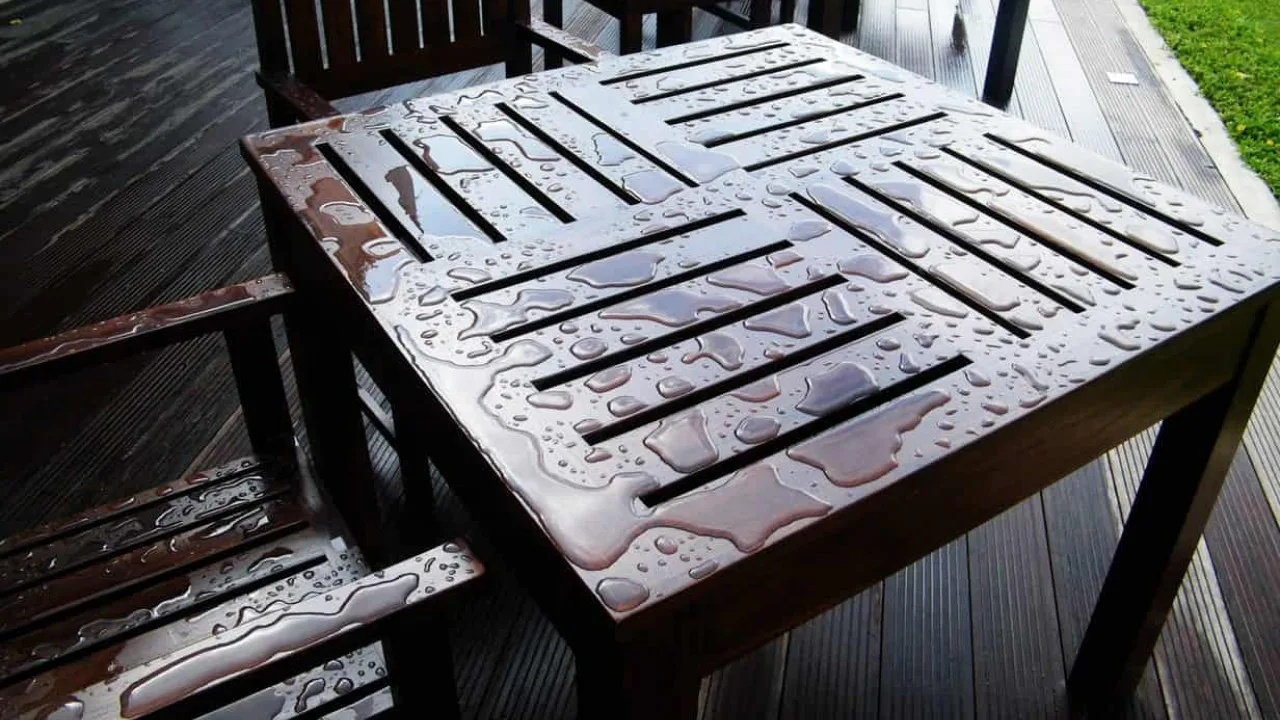Granite vs. Quartz: Which is the Best Material for Your Kitchen Countertop?
Table of Contents
- Introduction to Granite and Quartz Countertops
- What Is Granite?
- Key Features of Granite
- Pros and Cons of Granite Countertops
- What Is Quartz?
- Key Features of Quartz
- Pros and Cons of Quartz Countertops
- Granite vs. Quartz: Key Differences
- Appearance and Aesthetic Appeal
- Durability and Strength
- Maintenance and Cleaning
- Cost Considerations
- Which Is Better for Your Kitchen?
- How Goel World Provides High-Quality Granite and Quartz Countertops
- Conclusion
- FAQs about Granite and Quartz Countertops
1. Introduction to Granite and Quartz Countertops
Choosing the right material for your kitchen countertop is an important decision that affects both the functionality and style of your space. Granite and quartz are two of the most popular options, known for their durability, beauty, and longevity. But how do you choose between them? This article compares granite and quartz, focusing on their key features, benefits, and differences to help you make an informed decision. At Goel World, we offer high-quality granite and quartz countertops to suit every kitchen design and budget.
2. What Is Granite?
Key Features of Granite
Granite is a natural stone formed from volcanic activity, known for its unique patterns and wide range of colors. Each slab of granite is one-of-a-kind, with natural variations in veining, color, and texture. Granite countertops are highly durable, resistant to heat, and offer a timeless, luxurious look.
Pros and Cons of Granite Countertops
- Pros:
- Unique, natural appearance with variations in color and texture.
- Highly resistant to heat and scratches, making it ideal for kitchen use.
- Increases the resale value of your home due to its premium status.
- Cons:
- Porous material, requiring periodic sealing to prevent stains and bacteria buildup.
- Heavier than quartz, requiring reinforced cabinetry for support.
- Natural imperfections may not suit homeowners seeking uniformity in their countertops.
3. What Is Quartz?
Key Features of Quartz
Quartz is an engineered stone made by combining crushed quartz with resins and pigments. This manufacturing process allows for a wide range of consistent colors and patterns, making quartz highly customizable. Quartz countertops are non-porous, highly durable, and resistant to stains, offering a sleek and modern look.
Pros and Cons of Quartz Countertops
- Pros:
- Non-porous and stain-resistant, meaning no need for sealing or special maintenance.
- Available in a wide variety of colors and patterns, offering a uniform appearance.
- Resistant to chips, cracks, and scratches due to its engineered composition.
- Cons:
- Less heat-resistant than granite, with potential for damage if hot pots are placed directly on the surface.
- While durable, it may be more expensive than some natural stones.
- Some people prefer the natural look of granite over the engineered consistency of quartz.
4. Granite vs. Quartz: Key Differences
Appearance and Aesthetic Appeal
- Granite: Granite offers a unique, natural look with its unpredictable veining and color variations. No two granite slabs are the same, which gives your kitchen a distinctive, one-of-a-kind appearance.
- Quartz: Quartz, on the other hand, is engineered to provide a more consistent and uniform appearance. It can mimic the look of natural stones like marble and granite but offers greater design flexibility with more color options.
Durability and Strength
- Granite: Granite is highly durable and resistant to heat, making it perfect for kitchen environments where hot pots and pans are used frequently. However, since it’s a natural stone, it can chip or crack if exposed to heavy impacts.
- Quartz: Quartz is also very durable and resistant to scratches and chips due to its engineered composition. However, it’s not as heat-resistant as granite and can be damaged by high temperatures.
Maintenance and Cleaning
- Granite: As a porous material, granite requires periodic sealing to protect it from stains and bacteria. Regular cleaning with a mild soap and water is recommended to maintain its appearance.
- Quartz: Quartz is non-porous and doesn’t require sealing, making it a low-maintenance option. It’s highly resistant to stains and bacteria, and cleaning with soap and water is sufficient for daily upkeep.
Cost Considerations
- Granite: Granite is generally considered a luxury material and can vary in price depending on the rarity of the stone. It is typically more affordable than high-end quartz options but can become more expensive if you choose rare types.
- Quartz: Quartz tends to be more expensive than granite, especially if you opt for high-end engineered varieties. However, the lack of maintenance costs (no sealing required) can make it more cost-effective over time.
5. Which Is Better for Your Kitchen?
The choice between granite and quartz largely depends on your priorities. If you’re looking for a unique, natural stone with heat resistance and don’t mind periodic maintenance, granite may be the best option. On the other hand, if you prefer a low-maintenance, customizable material with consistent patterns and a sleek look, quartz might be the better choice. Ultimately, both materials offer excellent durability, beauty, and value, making them ideal for modern kitchens.
At Goel World, we provide a wide range of both granite and quartz countertops to help you find the perfect match for your kitchen design and lifestyle needs.
6. How Goel World Provides High-Quality Granite and Quartz Countertops
Goel World is your trusted supplier of premium granite and quartz countertops in Lucknow. With over 25 years of experience, we offer a diverse selection of natural granite and engineered quartz materials to suit all styles and budgets. Whether you’re designing a luxurious kitchen or seeking a modern, low-maintenance countertop, our expert team will guide you through the selection process to ensure you find the best material for your home. Our countertops are sourced from reputable manufacturers, ensuring durability, beauty, and long-lasting performance.
7. Conclusion
Both granite and quartz are excellent materials for kitchen countertops, offering a balance of durability, style, and functionality. Granite brings a unique, natural beauty that’s perfect for those seeking a timeless look, while quartz offers a low-maintenance, customizable option for modern kitchens. By considering factors such as appearance, maintenance, durability, and cost, you can determine which material is the best fit for your kitchen. At Goel World, we offer high-quality granite and quartz countertops to help you create a kitchen that’s both stylish and functional.
8. FAQs about Granite and Quartz Countertops
Q1: Is quartz more durable than granite?
Both quartz and granite are durable, but granite is more heat-resistant while quartz is more resistant to stains and scratches due to its non-porous surface.
Q2: Does granite need to be sealed regularly?
Yes, granite is porous and requires periodic sealing to prevent stains and moisture damage. Sealing should be done every 1-2 years.
Q3: Can I place hot pans directly on quartz countertops?
It’s not recommended to place hot pans directly on quartz countertops, as extreme heat can cause damage. Use trivets or hot pads to protect the surface.
Q4: Which material is more budget-friendly: granite or quartz?
Granite is typically more affordable than high-end quartz, but prices for both materials can vary depending on the style, rarity, and thickness.
Q5: Where can I find high-quality granite and quartz countertops in Lucknow?
Goel World offers a wide range of premium granite and quartz countertops in Lucknow, providing expert guidance to help you choose the best material for your kitchen.









